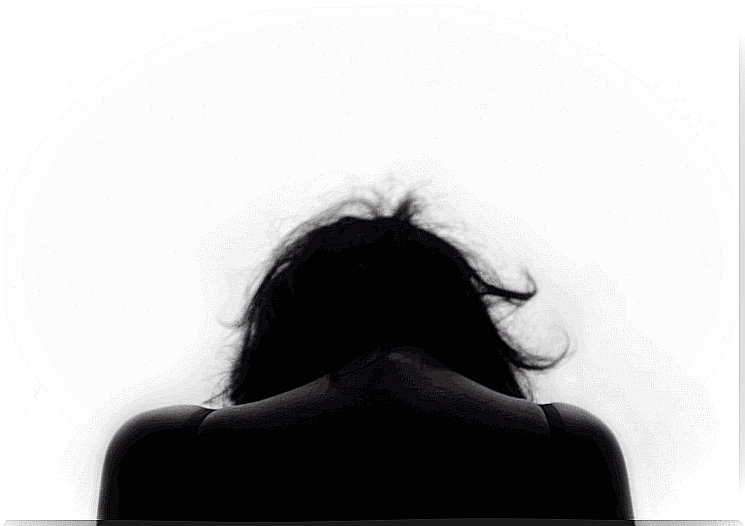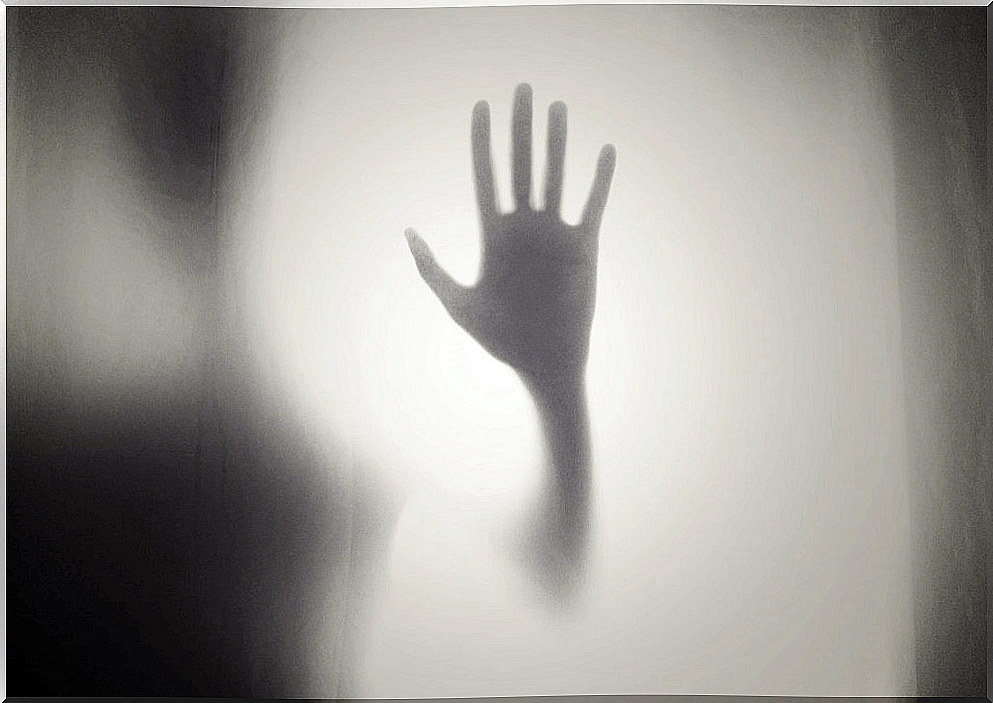The Invisible Mark After Abuse In One’s Home

When we talk about abuse, we often slip into statistics about the number of victims or demographics. Abuse, however, is about more than this, especially for a person who is exposed to violence and abuse in their home. Not everyone who suffers from abuse ends up in the statistics either; there are false positives and false negatives.
We do not often talk about blows or bruises, and it is even less common that we talk about the wounds that you do not see. It’s not just the body that hurts. When you are treated badly, it is common that there are mental injuries that need to be treated. We must begin to give a voice to what is so often silenced.
When we talk about post-traumatic stress, we often associate this with natural disasters, crime or the military. We do not often talk about it when it comes to abuse, even though it also occurs in such situations.
Post-traumatic stress means re-experiencing the event, the anxiety and the attempts to forget the event that have not been successful so far. These symptoms can often be seen in those who have been victims of gender-based violence.
Post-traumatic stress has some specific characteristics in these groups. The person will relive the events. This means that the person is constantly on the alert and distrusts others, because the person who caused the injury is someone who was meant to provide support and protect the person.
The trauma gradually destroys the victim’s emotional health. It usually takes years for the person to ask for help. In fact, they often stay with the perpetrator to avoid more aggression. So the victim often feels that there is no possible solution to the situation (learned helplessness, the person feels abandoned).

The fact that the person feels that there is no solution to the situation, or learned helplessness, can lead to the “beaten woman syndrome”. The woman adapts to her life situation and downplays the pain. She also distorts reality and denies that the problem is serious.
She may also change the way she sees others and herself. Maybe she’s fooling herself and idealizing the perpetrator. She may also be convinced that he will stop beating her because he loves her. In fact, she apologizes for his behavior and blames herself for the situation, believing that she deserves this treatment.
People who have been abused often have low self-esteem. They are often isolated, which means that they do not receive social support or positive emotional reinforcement. All this weakens them even more, which can lead to depression.
Depression, in turn, makes it difficult to make decisions and concentrate. It also impairs work performance and makes the person feel more insecure. The victim therefore enters a vicious circle that makes it increasingly difficult to leave the situation in question.
Depression also has another serious consequence: suicide. In several studies, the researchers could see that 29% of the women who came to the emergency room for suicide attempts were victims of abuse. The risk of suicide in the event of abuse in one’s home was five times higher than in the general population.

As you can imagine, anxiety disorders are more common in people who have been through these abuses. In addition to post-traumatic stress disorder, there are also higher levels of phobias, generalized anxiety disorders and obsessive-compulsive disorder.
Obsessive thoughts about the perpetrator are common and related obsessive behavior to try to reduce the anxiety that these thoughts give rise to.
The perpetrator exercises his power and forces the victim to behave in a way that destroys the person. At the psychological level, the perpetrator leaves his mark on the affected person, and this can have serious consequences, which is why it is important to be aware of these problems and give them a way out.
Abuse in your home is something you should never find yourself in, and it is important to seek help as early as possible.
Photos: Chris Lawton, Tertia Van Rensburg and Rene Bohmer









